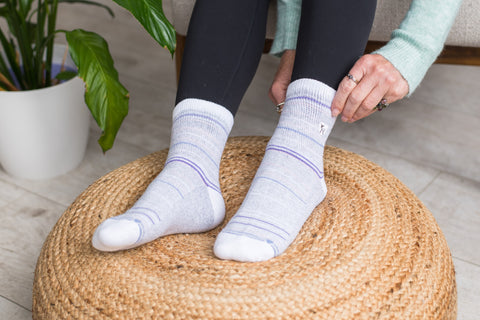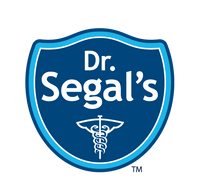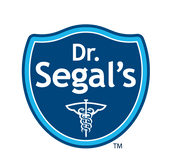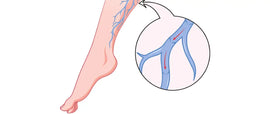Are Pickled Beets Good for You?
Posted by SIMON LIM

There is a lot of debate surrounding the health benefits of pickled beets. Some people swear by them, while others claim they are not good for you. So, what is the truth?
Are pickled beets good for you? In this blog post, we will take a look at the science behind pickled beets. Let's also uncover the truth about their health benefits.
What are Pickled Beets?
Pickled beets are beets soaked in vinegar or brine. This pickling process helps preserve the beets and gives them a unique flavor. Pickled beets have been around for centuries. Pickling is traditionally used as a way to preserve food for long periods.
Nutrients Found in Picked Beets
Pickled beets are a good source of several vitamins and minerals, including:
- Vitamin C
- Iron
- Potassium
- Magnesium
- Manganese
- Calcium
- Copper
- Vitamin B6
- Choline
- Phosphorus
- Riboflavin
- Pantothenic acid
- Folate
- Protein
- Fiber
These vitamins and minerals can help to boost your immune system. Pickled beets are also a good source of fiber and antioxidants. They have low calories and fat content, making them a healthy addition to any diet.

The Health Benefits of Pickled Beets
Pickled beets are linked to certain health benefits.
May boost heart health.
Pickled beets are a delicious and nutritious way to add some color to your plate. But did you know that pickled beets may also be good for your heart?
That's because pickled beets are rich in nitrates. Nitrates convert into nitric oxide in your body. This helps to relax and widen your blood vessels.
Nitrates can improve blood flow and lower blood pressure. Pickled beets may be a good option if you're looking for a way to boost your heart health.
May aid digestion
Probiotics are live bacteria that are good for gut health. They can help improve digestion and prevent digestive issues.
Pickled beets contain probiotics. This makes them an excellent choice for improving their gut health.
The pickling process helps preserve the probiotics in the beets. It ensures that they are still alive and active when you eat them.
Probiotics work by restoring the balance of good bacteria in the gut. It helps improve digestion and prevent digestive issues. They may be worth a try if you're looking for a way to improve your gut health.
May support brain health
The nitrates in pickled beets help improve blood flow to the brain and reduce the risk of dementia. Nitrates help improve brain function by helping protect neurons and reduce inflammation.
Studies revealed that nitrates could improve cognitive function in older adults. This may help prevent age-related cognitive decline.
Pickled beets are a rich source of nitrates. Including them in your diet may help keep your brain healthy as you age.
May regulate your blood sugar levels.
Pickled beets can be a great way to get more fiber in your diet. Fiber helps regulate blood sugar levels. This works by slowing down the absorption of sugar into your bloodstream. It can help prevent spikes in blood sugar levels, which is helpful for people with diabetes.

Considerations
Pickled beets are generally safe to eat. But, depending on how they're made, some varieties of pickled beets may pack salt and added sugars.
Too much salt can increase your blood pressure. While too much sugar can lead to weight gain and other health problems. When buying pickled beets, look for low sodium and no-added sugars brands.
Choose pickled beets made with healthy ingredients like vinegar, water, and spices. And enjoy them in moderation as part of a healthy diet.
Takeaways
So, are pickled beets good for you? The answer is yes! Pickled beets can offer several potential health benefits. If you want to boost your fiber intake or get more antioxidants in your diet, pickled beets may be a good option. Just remember to watch your sodium intake, as some brands of pickled beets can be high in sodium.
SHARE:




































